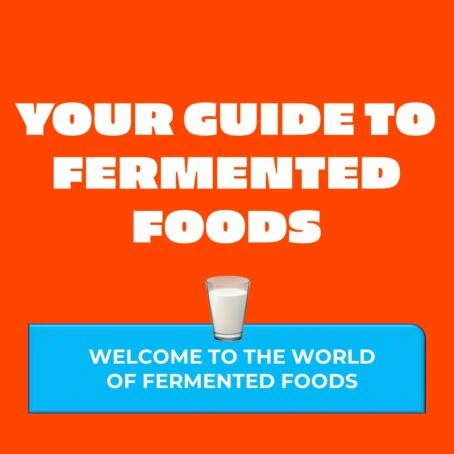Did you know that many typical Christmas foods are actually packed with health benefits?
Christmas is the time for celebrating and being with loved ones – it definitely isn’t for worrying about what you’re eating. Many of us might associate Christmas and the festive period with ‘unhealthy’ foods and overindulgence but there is so much good and healthy food that is often eaten around this time too. So, let’s celebrate them and focus on the positives this festive season!
And with that, we give to you our top Christmas superfoods!
Smoked salmon – or smoked trout. I don’t know about you, but in our family, a traditional Christmas day breakfast starts with smoked salmon and scrambled eggs on toast (not including the chocolates eaten while opening the stocking presents from Santa)! Smoked salmon not only tastes delicious but provides numerous health benefits such as heart-healthy omega-3 fatty acids, B-vitamins, vitamin D, and host of other nutrients like selenium, magnesium and potassium.
Dark chocolate – Christmas means lots of chocolate. Did you know chocolate with at least 70% cocoa has health benefits due to polyphenols? These bitter polyphenols found in dark chocolate may help in disease prevention but may also help improve our mood by enabling the release of endorphins and reducing stress.
Brussels sprouts – the classic food at Christmas that splits opinion (and the room when your Uncle lets them rip after dinner)! Part of the Brassica family just like broccoli, brussels sprouts are rich in antioxidants, high in fibre, high in vitamin K and contain special compounds called glucosinolates which may have a role in preventing cancer. It’s our personal belief that people who don’t like Brussels sprouts have been eating them wrong. Roast them in the oven with some EVOO (extra virgin olive oil) until they caramelize and become sweet – not stinky!
Gravy (homemade) – homemade gravy can be packed full of goodness from the meat stock and bones alongside the water from any vegetables you’ve been cooking. This will contain lots of vitamins, minerals and collagen, while the water the vegetables were cooked in will contain all the water-soluble nutrients that may have leaked out during the cooking process.
Spices (ginger, cloves, cinnamon, cardamon, nutmeg) – not only bringing warmth and that renowned Christmassy smell and taste but these spices contain lots of beneficial antioxidants which can provide protection against inflammation, blood sugar control and even help with your digestion – which is always hand after the festive indulging.
Mulled wine – this goes hand in hand with the spices mentioned above. A classic warming drink during the festive season, mulled wine can offer many benefits due to its polyphenol content provided by the red wine, together with the antioxidants from the spices and vitamin C from the citrus fruits used. Being heated up also means some of the alcohol will have been burned off, making this a lower alcohol option. The only thing to mention here is watch out for the sugar content, as mulled wine does tend to be high in sugar, so don’t overdo it!
Cheese – it wouldn’t be Christmas without a post dinner cheeseboard. Blue cheese, mature cheddar, brie… all of these are loaded with gut friendly microbes thanks to fermentation. The fermentation process also naturally reduces the lactose content of these cheeses. Normally paired with fruits like grapes and figs, a cheeseboard is a win for gut health






